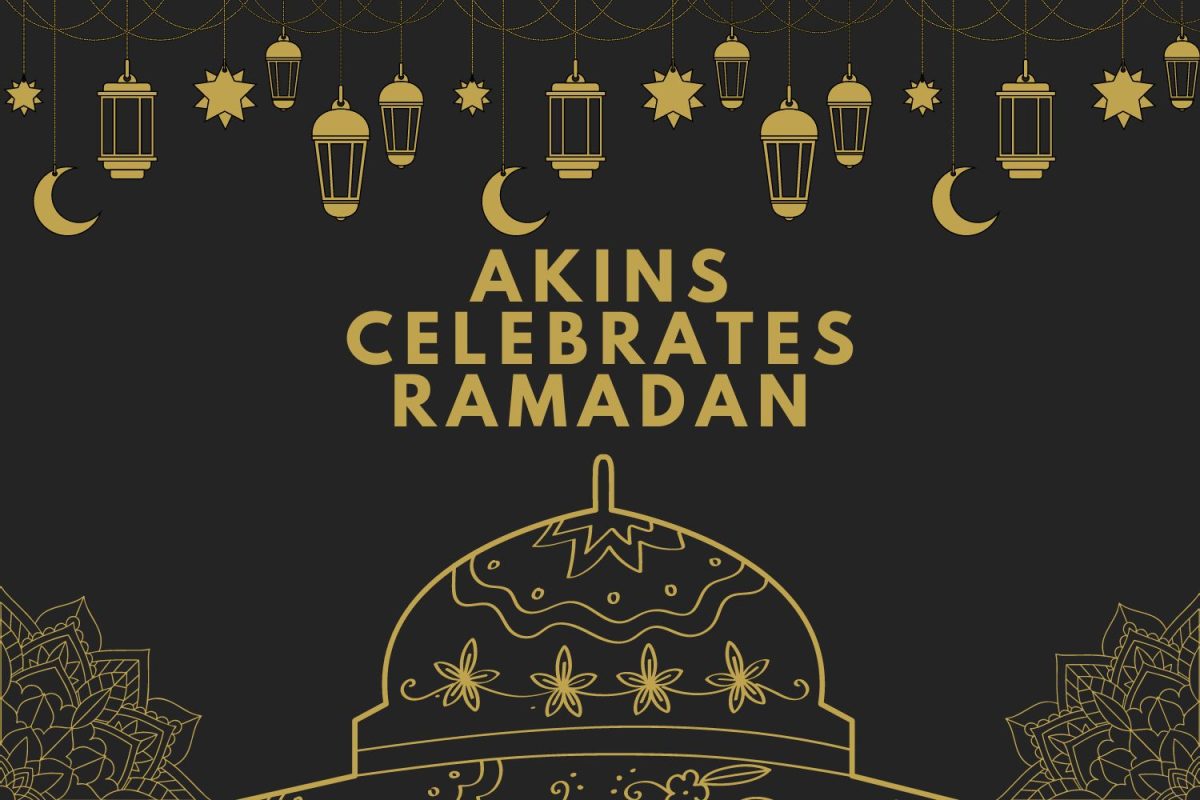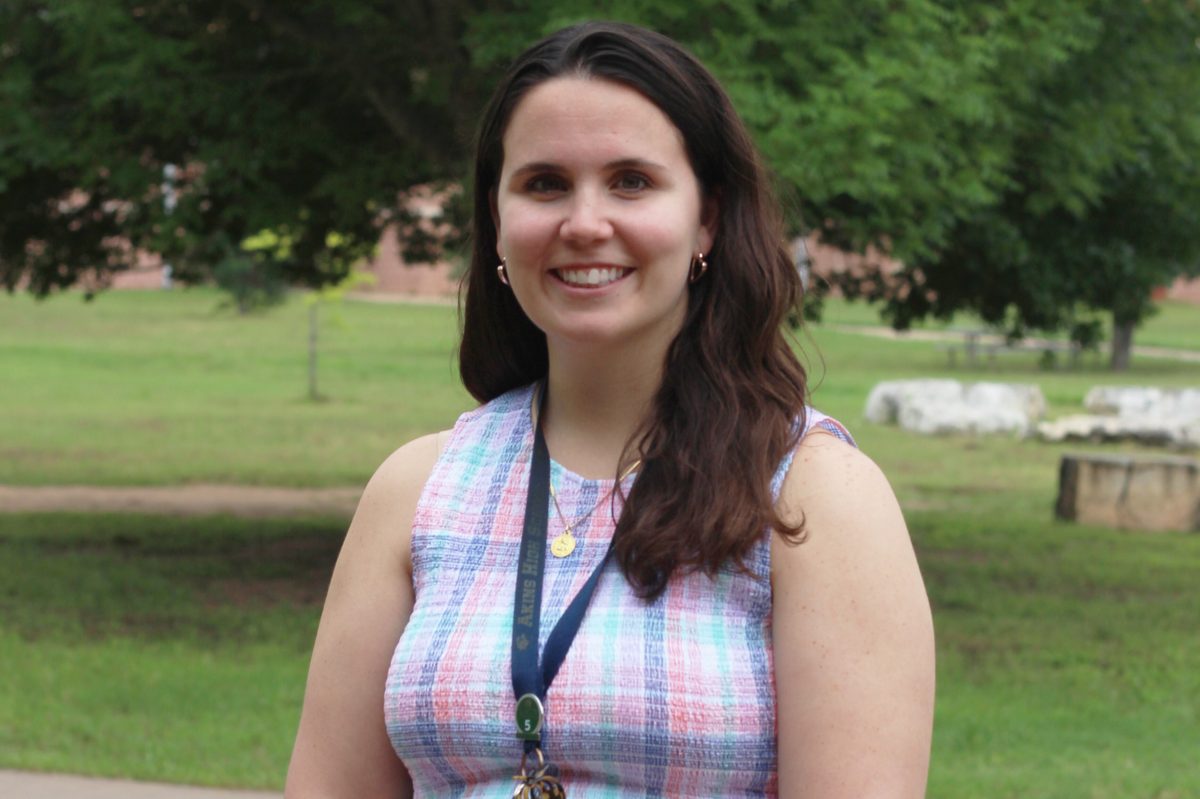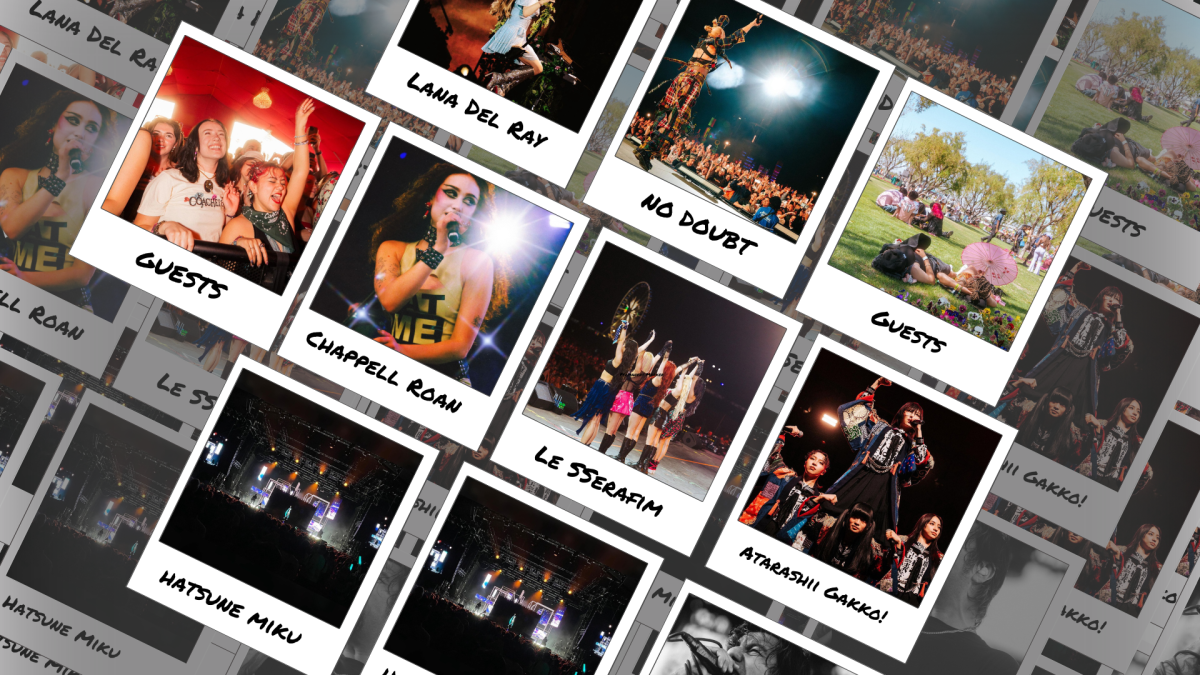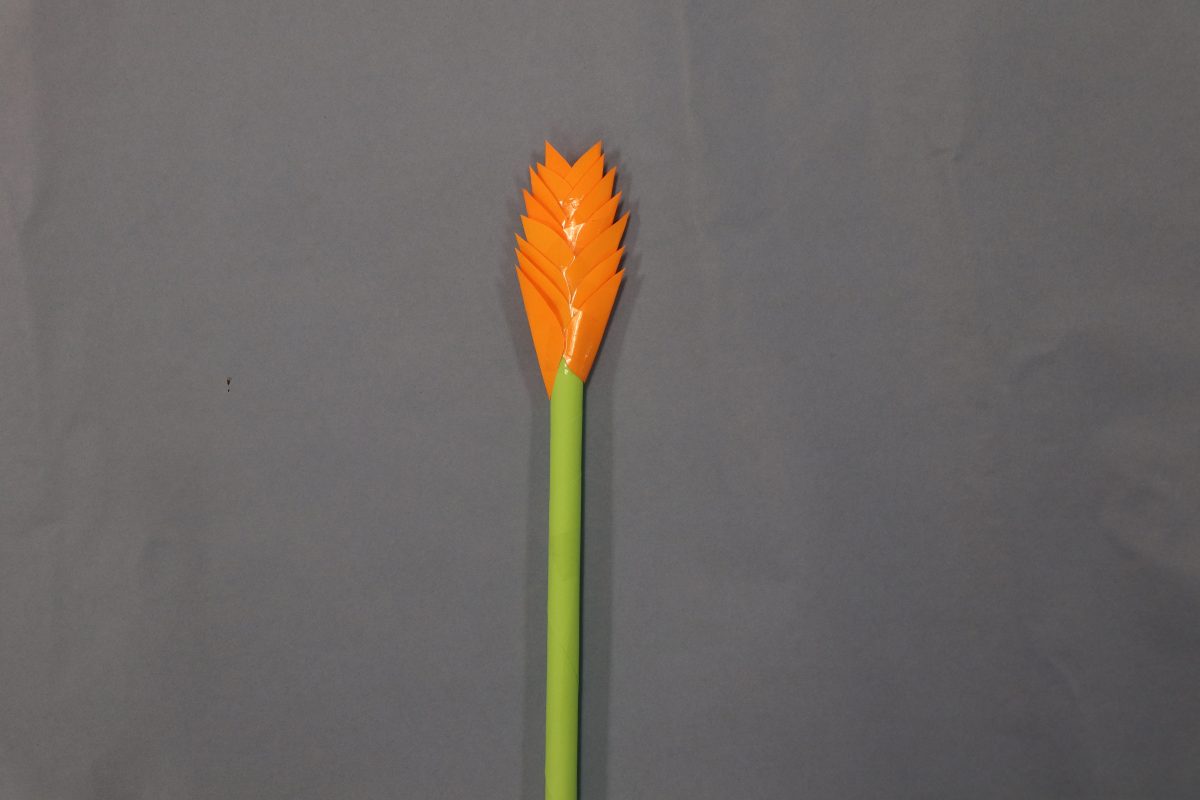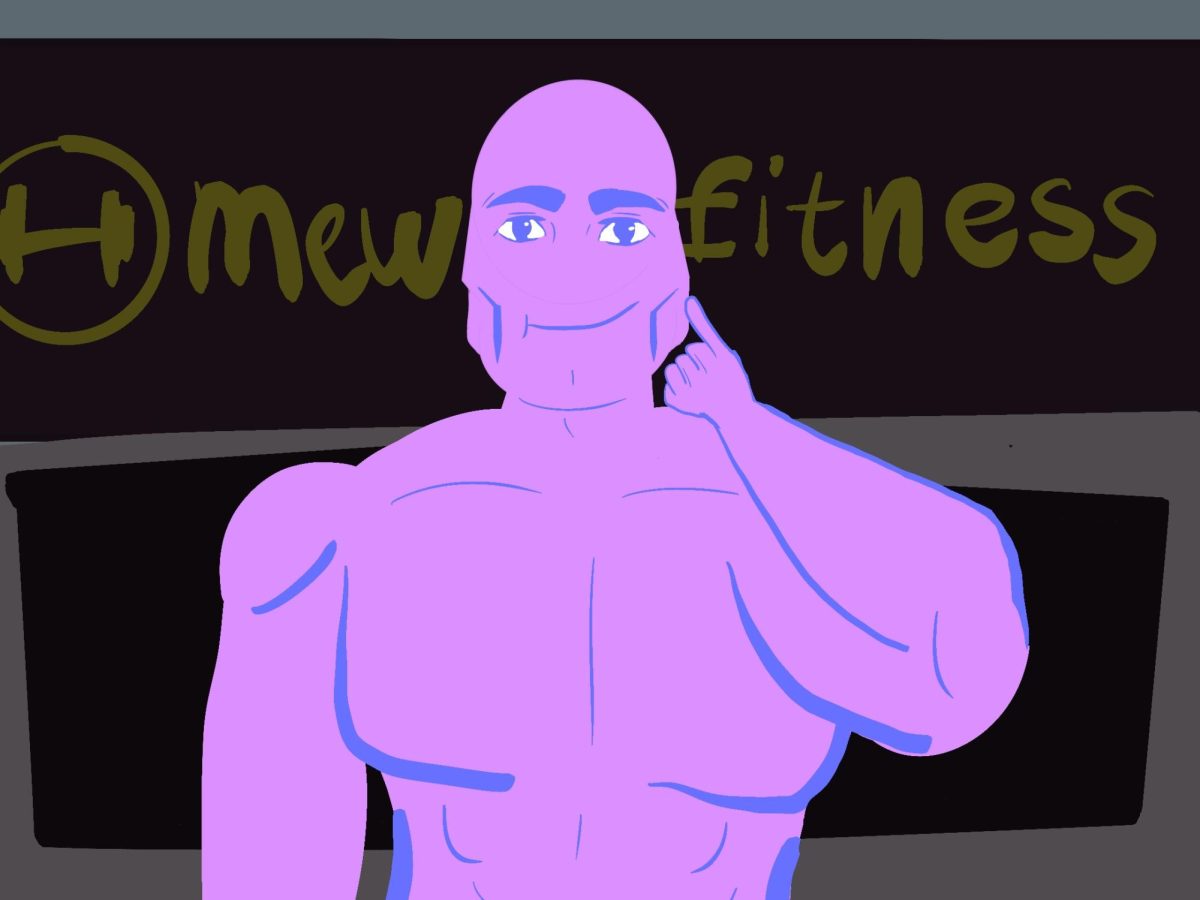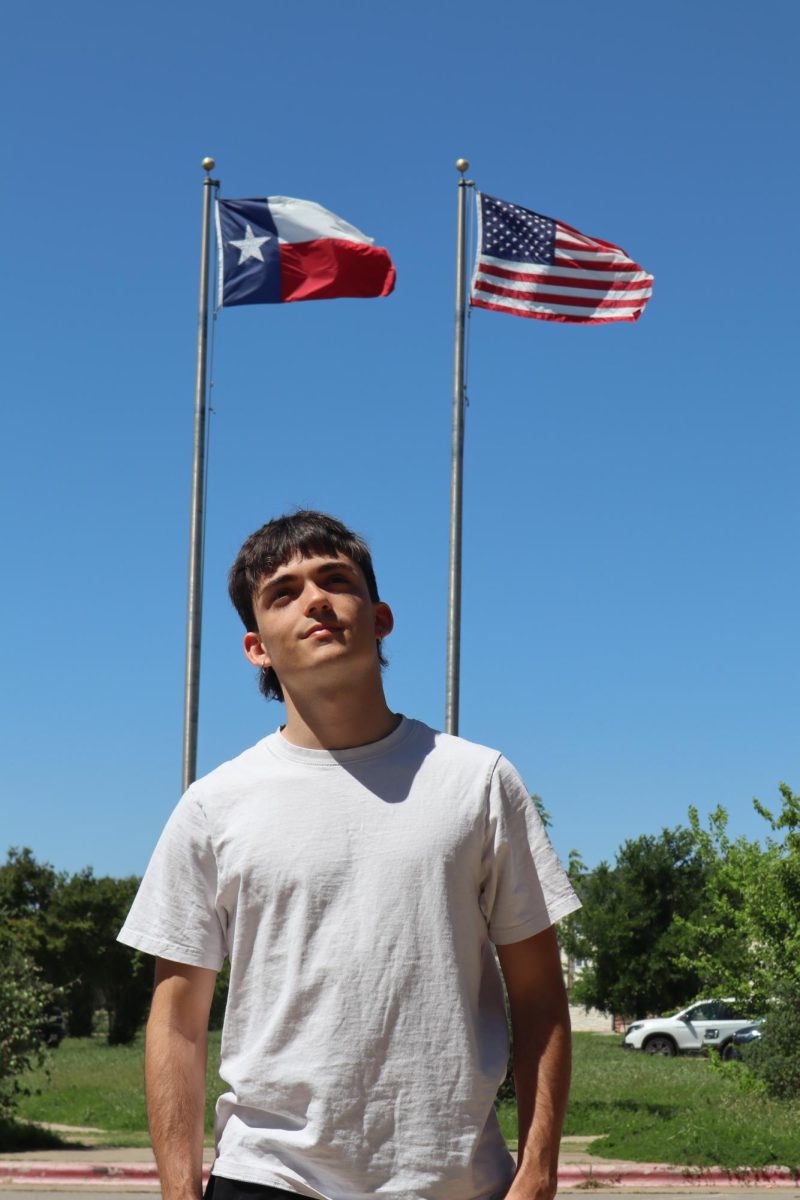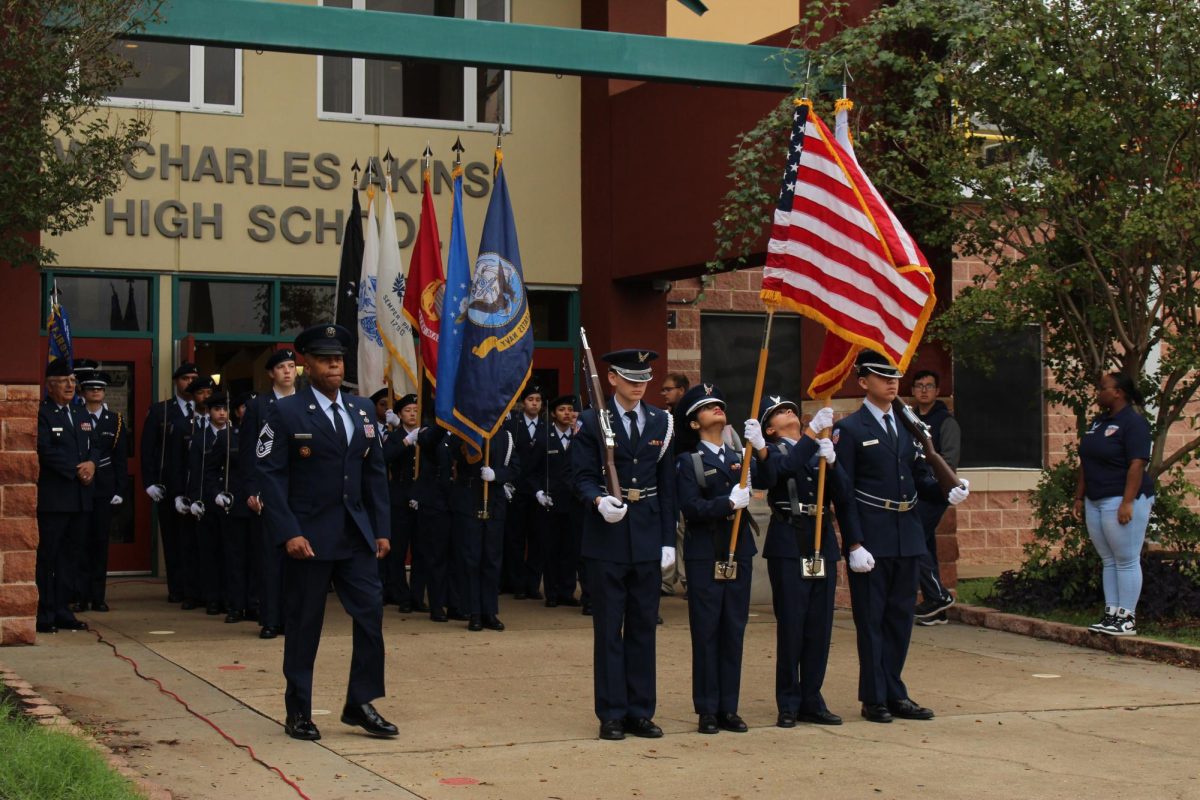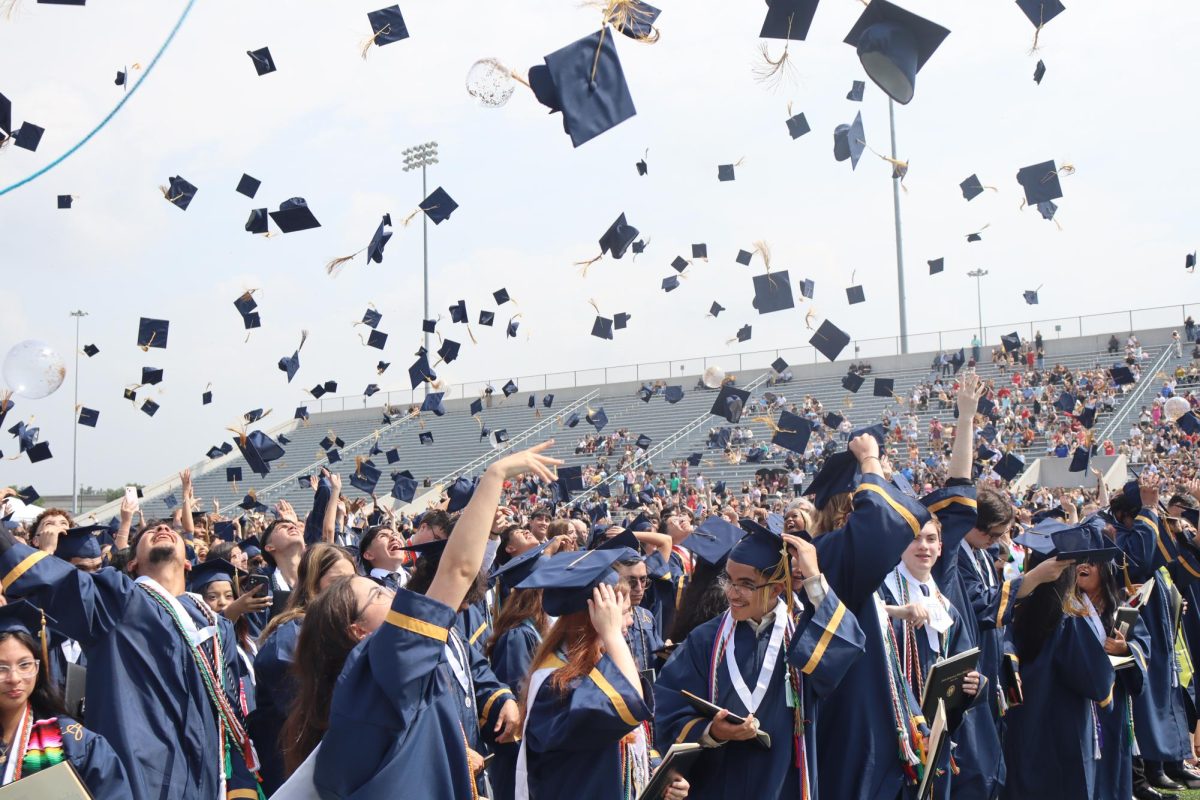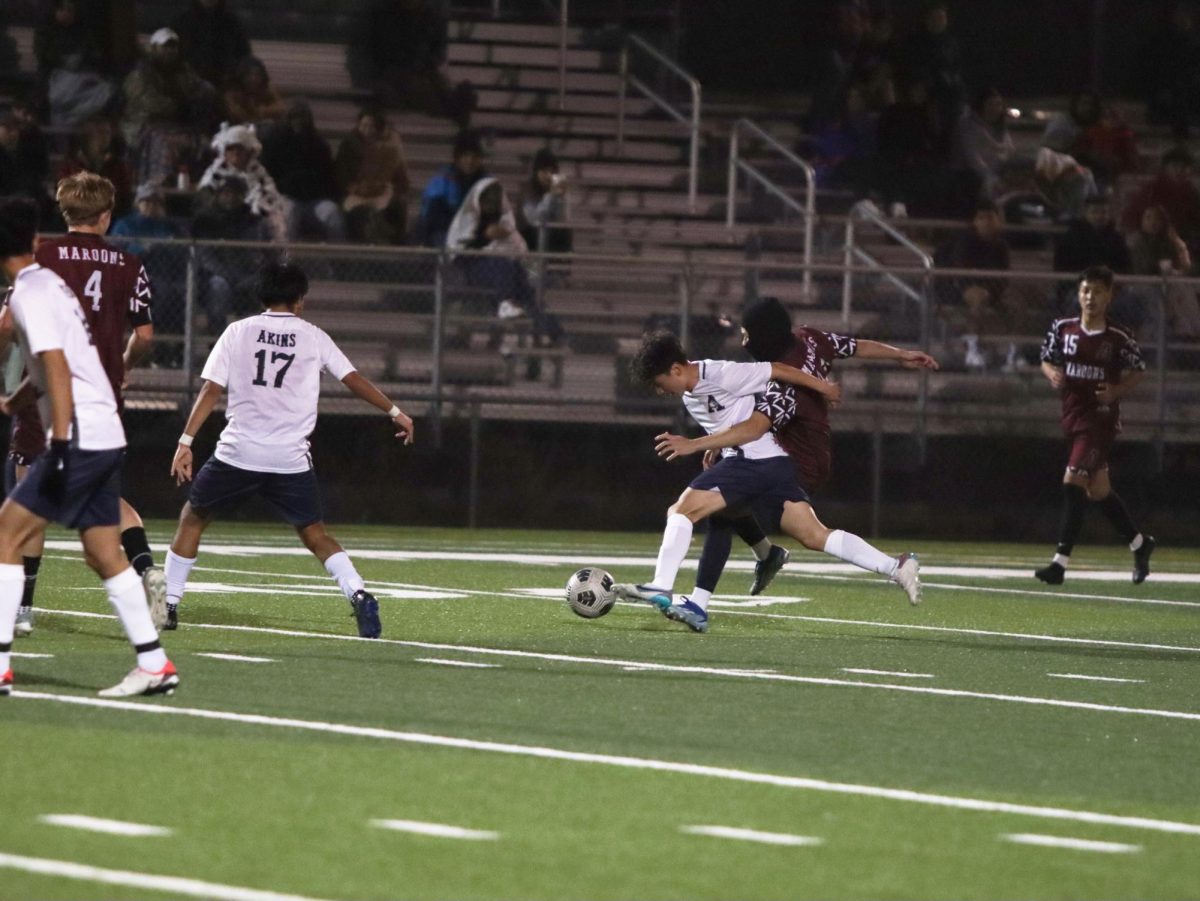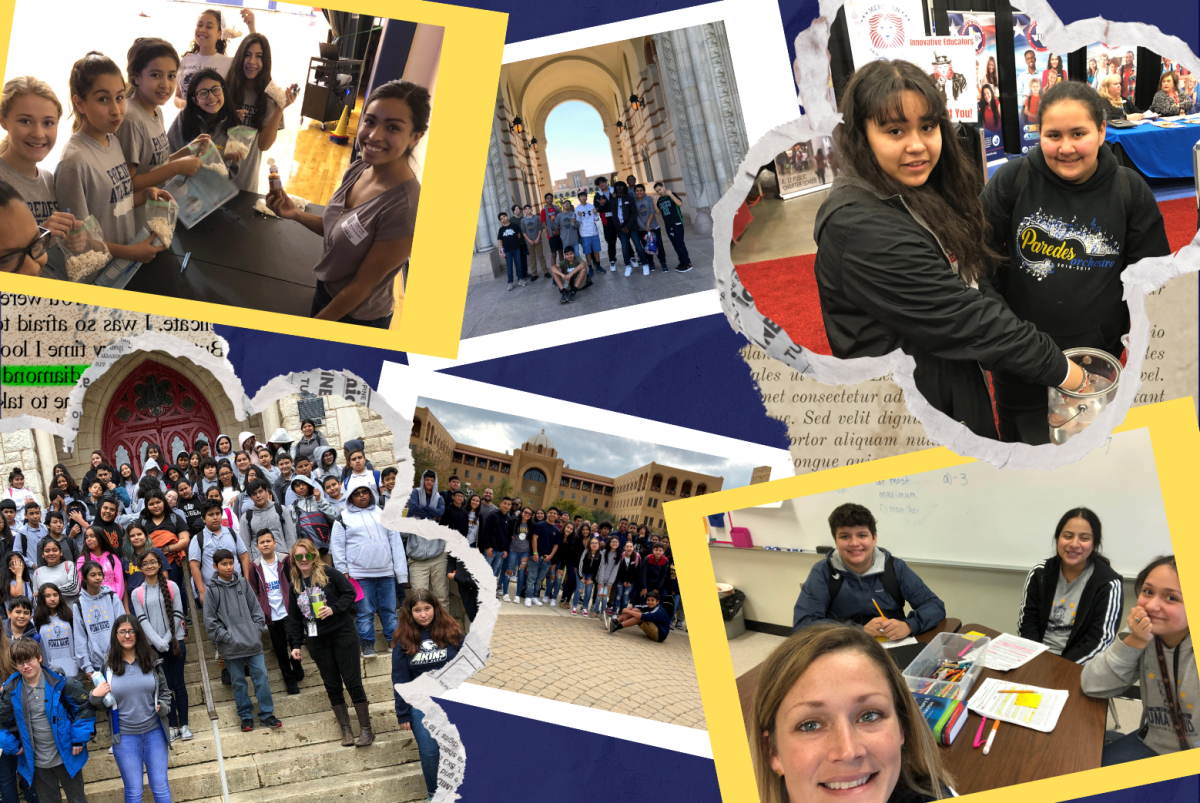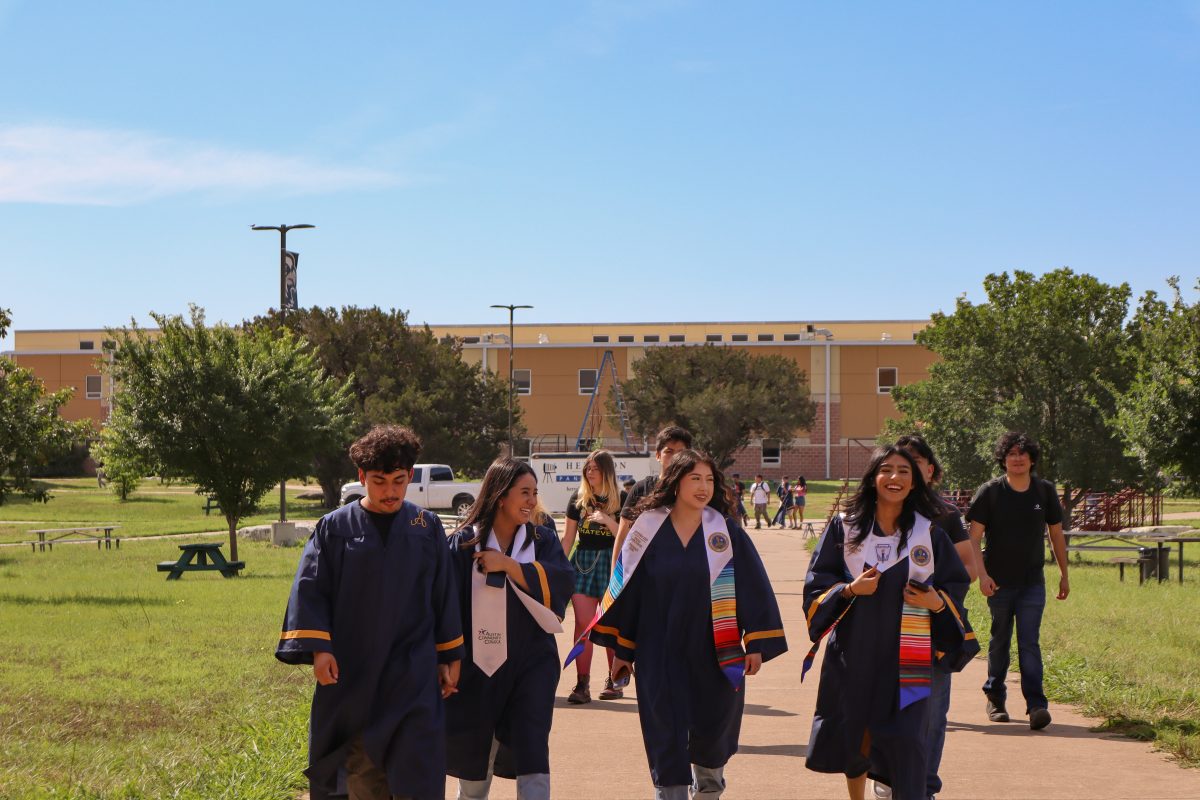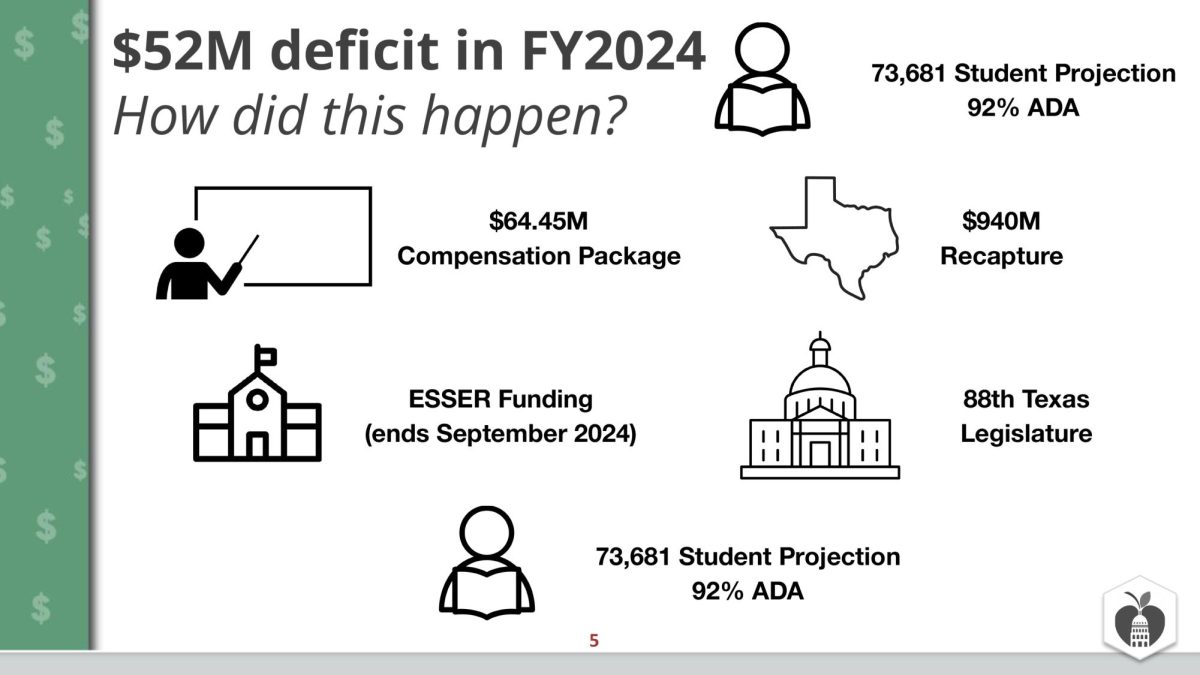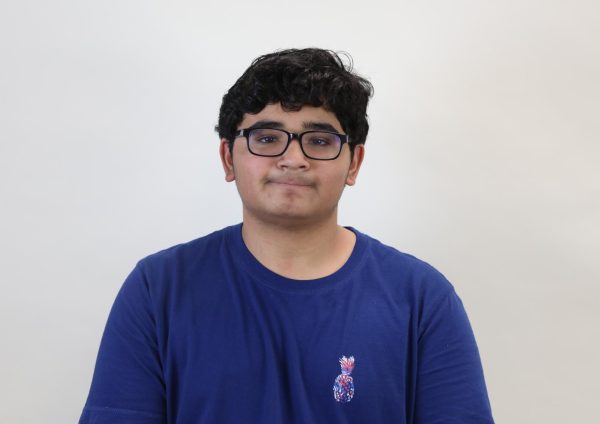Every year Muslims celebrate Ramadan, which in Islam is the ninth month of the Muslim calendar and a holy month of fasting.
It begins and ends with the appearance of the crescent moon. Because the Muslim calendar year is shorter than the Gregorian calendar year, Ramadan begins 10-12 days earlier each year, allowing it to fall in every season through a 33-year cycle.
During Ramadan, Muslims abstain from eating any food, drinking any liquids, smoking cigarettes, and engaging in any sexual activity, from dawn to sunset. That includes taking medication (even if you swallow a pill dry without drinking any water). Muslims see various meanings and lessons in observing the fast. It is regarded as an act of worship to attain God-conscious piety and one of submission to God.
The devout see benefits including practicing self-restraint. Cultivating gratitude, growing closer to God, and feeling for the poor and hungry. Children who have not reached puberty, the elderly, those who are physically or mentally incapable of fasting, pregnant women, breastfeeding mothers, and travelers are exempt from fasting.
You don’t have to be Mulsim to participate in Ramadan. Around the world, a growing number of non-Muslims have begun documenting their own experiences observing Ramadan. These individuals aren’t participating as would-be converts to Islam. Some, including Sless, like the self-discipline that Ramadan instills.
Akins is made up of a diverse student body, and students practice a variety of religions. There are multiple students and school staff members who celebrate Ramadan, including social studies teacher Brendan Phillips.
Ramadan is something Muslims strive to celebrate every year. It’s known for being an eye-opening experience.
“It changes your schedule,” Phillips said. “It forces you to do something different. So in that respect, it’s a good time to make life changes.”
Ramadan is so much more than just fasting and praying it’s also about community.
“Part of Ramadan is also when the fast gets broken in the evening, and people have this Iftar or meal. It’s a time where like, families and community come together,” Phillips said.
Ramadan can also help practitioners mentally, causing them to think about a lot of things in their lives.
“And I’d say personally, I do it because I find it to be a time that actually makes me be reflective and change patterns in my life, maybe, you know, I could improve on I think we all can improve,” Phillips said.
With Ramadan coming to an end on April 8, I can say that I’m grateful I tried it out. Don’t get me wrong it was difficult. There were days when I sometimes forgot to eat but it made me understand the importance of having a roof over your head, being more sympathetic, and most importantly being grateful. You should try it out next year. It’s an eye-opener.


